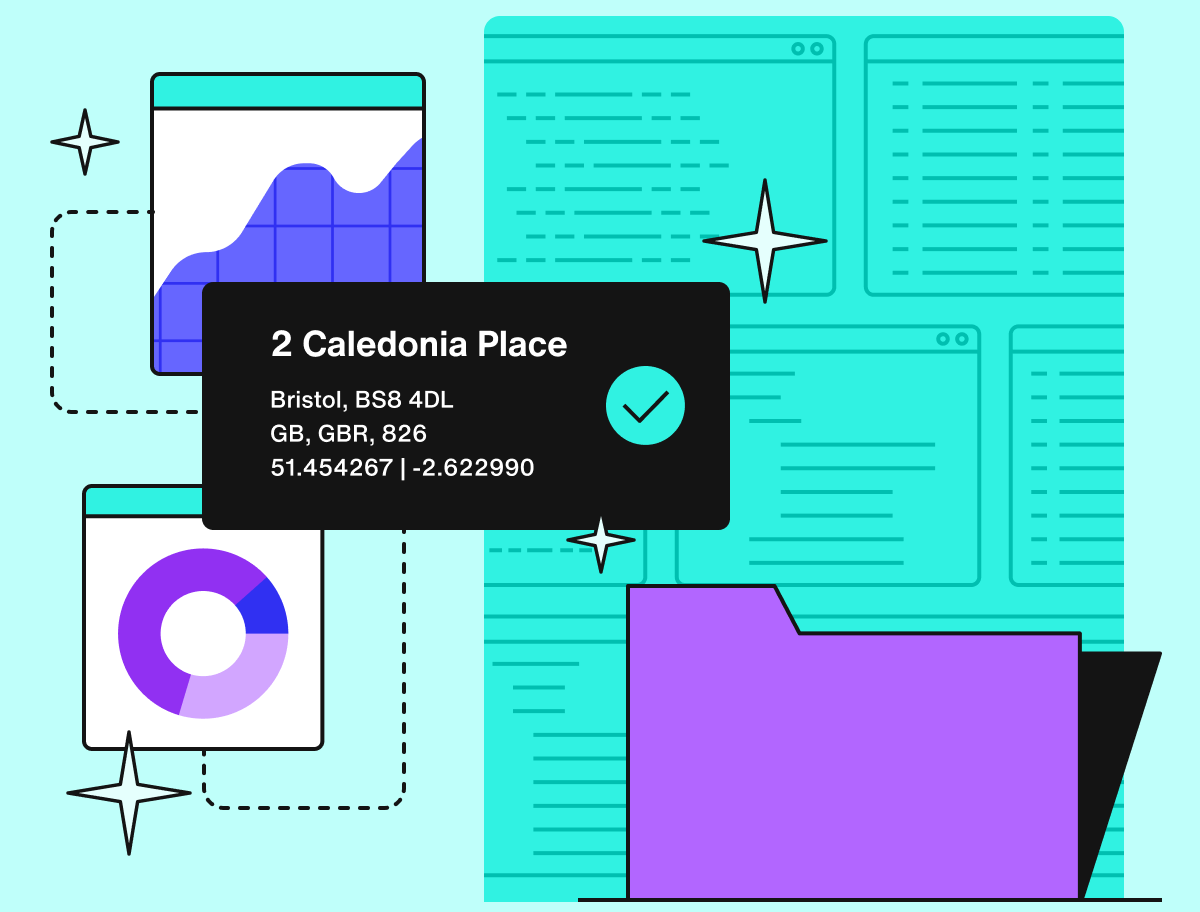What is data cleansing and why is it so important?

In today’s business landscape, the accuracy and quality of your data can make or break your competitive edge and opportunities to scale. Data cleansing is an essential process that holds the potential to advance and optimise your business. We'll delve into the intricacies of data cleansing, its critical role for businesses, and how it can improve your competitive edge for your industry.
Understanding Data Cleansing
Data cleansing, also known as data scrubbing or data cleaning, is the process of identifying and rectifying inaccuracies, inconsistencies, and errors within a dataset. It includes detecting and rectifying typographical errors, formatting inconsistencies, duplicate entries, outdated information, and other irregularities that can compromise the reliability of your data.
The Importance of Data Cleansing
Informed Decision-Making
We all understand the importance of having all the information before making a crucial decision, but with such an influx of data flowing in daily, errors naturally occur. At scale this can be highly detrimental to key decision making. Clean, accurate data acts as a compass, ensuring that your strategic choices are rooted in dependable insights. This translates to better-informed and impactful decision-making that can give you a decisive edge in the marketplace.
Strengthening Customer Relationships
Customers relationships are at the core of every successful enterprise. With clean data, your customer database becomes a pool of precise, up-to-date information. This empowers your team to engage with your audience more effectively, tailoring communications and offerings to their preferences. The result? Deepened customer relationships and enhanced brand loyalty.
Cost Efficiency Through Accuracy
Inaccurate data can lead to costly missteps—undelivered orders, misrouted shipments, and disgruntled customers. By investing in data cleansing, you're not only averting unnecessary expenses but also protecting your brand's reputation, and brand loyalty which ultimately fosters long-term cost efficiency and operational excellence that will improve your bottom line.
Step-By-Step Data Cleansing:
1. Data Profiling: Understand your data landscape by identifying inconsistencies, anomalies, and irregularities.
2. Data Validation: Analyse your data for accuracy and completeness. Automated tools can quickly flag entries that don't meet predefined criteria, saving you time and ensuring precision.
3. Data Enhancement: Elevate your data's value by enriching it with additional information, such as geolocation data. This ensures the relevance of your dataset and amplifies its impact on decision-making processes.
4. Data Standardization: Achieve uniformity across your data by synchronising formats. This rectifies issues stemming from varying entry styles and ensures consistent analyses and insights.
5. Eliminating Duplicates: Eliminate duplicate entries that clutter your database. This process enhances accuracy and streamlines data-driven operations.
6. Data Verification: Elevate your data's reliability by cross-referencing it with trustworthy sources. This step ensures that your data is not only accurate but also up-to-date.
Real-Life Success Stories
Triumph of a Footwear Giant: A prominent footwear brand was grappling with a surge in customer service queries linked to delivery mishaps. By incorporating data cleansing techniques, they captured precise customer information during the order process. The outcome? Swift resolution of customer queries and an annual saving exceeding $37,000.
Global Food Delivery Success: An online food delivery platform faced the challenge of erroneous addresses causing delivery delays and financial losses. Through the implementation of Loqate's address verification, they addressed the issue by introducing a user-friendly address search feature. This innovation led to a substantial reduction in delivery hitches, culminating in a staggering annual saving of $26.5 million.
The TLDR on Data Cleansing:
Data cleansing is an essential component for informed decisions, robust customer relations, and financial prudence. As the business landscape continues to evolve, accurate data remains the cornerstone of success. Embrace data cleansing as a foundational tool in your toolkit; it could be the differentiator between flourishing and drowning in the era of precision based commerce.
Get ahead of your data cleansing process with accurate data at entry with Loqate. Book a demo to learn how start with data for your business.